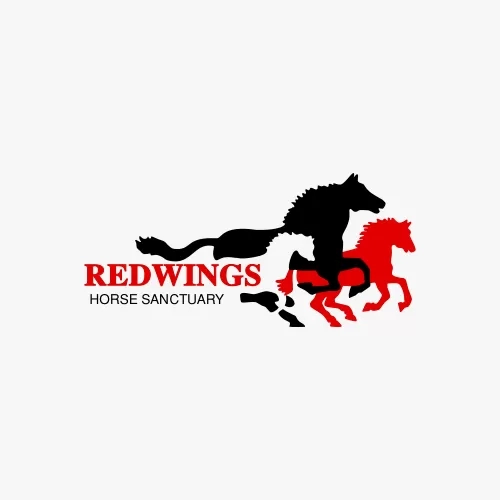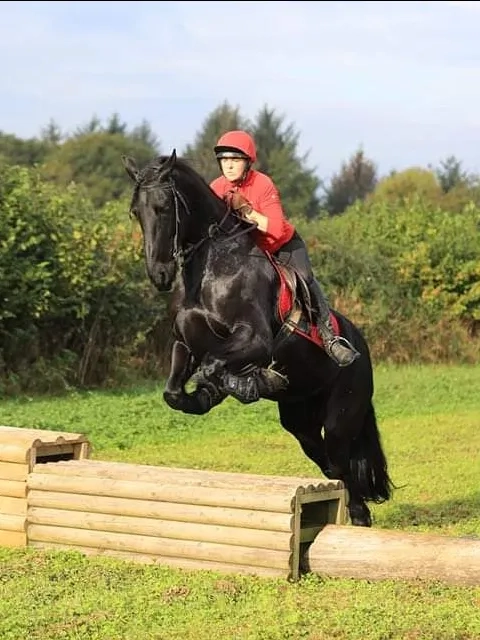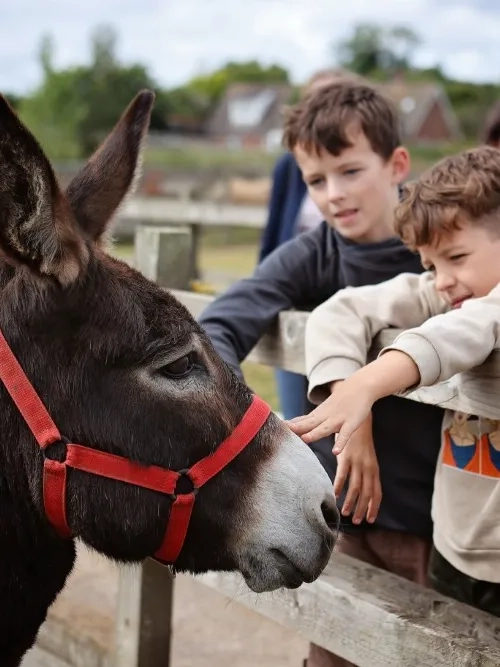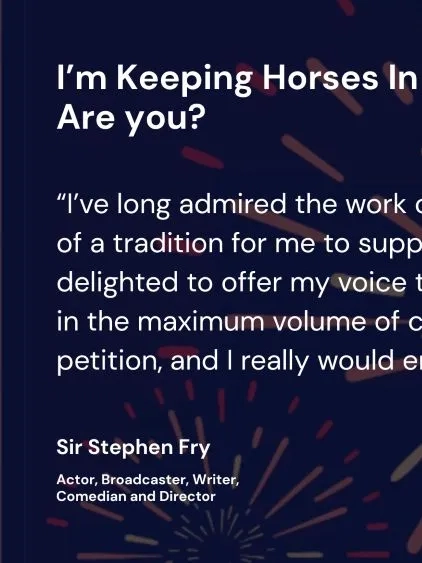16 September 2020

Redwings is dedicated to helping equines in need, and specialises in the rescue, rehabilitation and long-term care of horses with particularly challenging physical and behavioural issues.
We provide a haven for more than 1,500 residents, the majority of whom will stay with us for life to ensure their past neglect or abuse do not prevent them enjoying a peaceful, comfortable home for as long as possible.
Our teams have brought countless rescued horses back to health after they have been found in an extremely poor state, even close to death. However, the reality of welfare work sadly means that sometimes we are simply too late to save every equine from a rescue situation.
Our welfare vets assess the health of each individual during a rescue operation, administer immediate treatment if needed and record detailed clinical and behavioural information to both begin the horse’s rehabilitation plan, and collect evidence for any legal proceedings that may follow.
The vets also have to judge when the extent of pain, injury or disease affecting a horse means the kindest thing is to put the individual to sleep to end their suffering. This decision is not one that any vet wants to have to make, and is only considered in the best interests of the animal concerned. When it is necessary, euthanasia will be carried out quietly and humanely using a fast-acting and painless injection.
As Redwings vet Nic de Brauwere explains: “Working as a welfare vet is a both incredibly rewarding and deeply saddening. Many of the horses we rescue are unwanted because they do not have value as a riding or breeding animal, but as far as I am concerned they have as much right to life as a high-level competition horse.
"Seeing a weak, frightened pony regain health and trust is not something I take for granted, it is why we rescue horses. And those transformations help me cope with the cases –thankfully far fewer – where all I can do is end suffering as quickly and quietly as possible.”
Caring for recent rescues
When a welfare case involves legal proceedings against an owner or carer, rescued horses do not belong to us until a court transfers ownership as part of the outcome of the trial. During this time horses are provided with all the care they need, but our teams have to keep extensive records to ensure we are accountable to the court, and to the owner if magistrates decide that the horses should be returned to their original home.
If a rescued horse’s condition deteriorates to a point where euthanasia is needed before the legal process has transferred the equine into Redwings’ ownership, there is a strict protocol that must be followed. In this situation our vets need to:
In addition, the authority overseeing legal proceedings may require a post-mortem to be carried out. This will usually be undertaken by a specialist, independent laboratory and the findings also submitted as part of the evidence to be scrutinised by both legal teams.
Emergency euthanasia
It is rare, but possible for a horse to develop a sudden and serious health issue that means euthanasia is required urgently to relieve their suffering. Emergencies such as severe colic, internal bleeding or organ failure may require a vet to put a horse to sleep immediately. In these cases, the welfare of the horse means the process outlined above should not delay action being taken. However, as much evidence as possible will be collected immediately after euthanasia has taken place, including an independently conducted post-mortem, to be submitted as evidence to the court.

Case study - Maggie
Redwings brought six young ponies in very poor condition into the sanctuary in 2018. The RSPCA began legal proceedings against the owner while the new arrivals received much needed care and veterinary treatment at our quarantine centre.
In addition to being very underweight and having overgrown hooves, tests showed the ponies had other internal issues, including liver disease, infection and likely worm damage.
All six ponies needed intensive veterinary care which was carefully documented to be submitted as evidence to the legal team. The group initially responded to the food, medication and TLC they received. However, tests showed that the internal damage they had sustained was very serious, and at a point where recovery may not be possible.
Very sadly, a pony called Maggie developed severe diarrhoea and suffered repeated rectal prolapse a few weeks after her arrival. This was almost certainly caused by internal damage caused by parasitic worms. Maggie’s liver function was also deteriorating, despite veterinary treatment, and she spent a lot of time lying down showing signs of discomfort.
Our veterinary team discussed Maggie’s condition, then contacted the RSPCA to explain they felt euthanasia was the only humane option. The RSPCA supported the vets’ decision, and a police officer was in attendance when we quietly ended Maggie’s discomfort.
It is always a sad day at Redwings when a horse in our care reaches the end of their life. It is especially hard when the horse is unable to recover fully from their past neglect. But it is vital that we do not shy away from our responsibility to say goodbye at the right time, however long or short a horse’s time with us may have been.

Redwings Press Office
Find out more about Redwings Press Office



